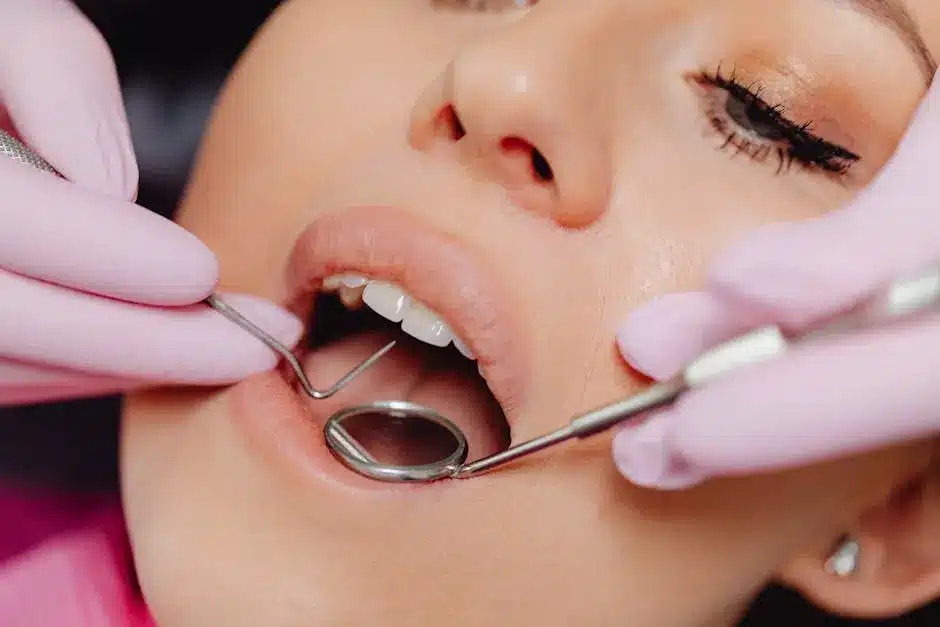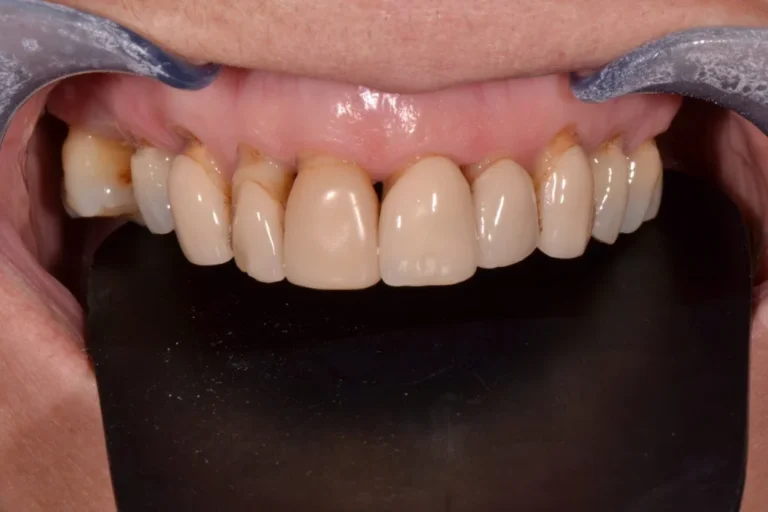Why Periodontics May Be Key to Your Oral Health Plan

Periodontics focuses on the structures that support your teeth, such as the gums, bone, and connective tissues. This branch of dentistry plays a significant role in maintaining oral health. By understanding the basics of periodontics, you can stay ahead of potential problems and maintain a strong smile. Periodontics may help in the following ways:
What Is Gum Disease?
Gum disease begins with gingivitis, a mild inflammation caused by plaque. Symptoms include redness, swelling, and bleeding during brushing or flossing. Left untreated, gingivitis can progress to periodontitis, a more severe condition where the gums pull away from the teeth. This stage typically leads to pockets of infection, bone loss, and eventually tooth loss. Recognizing the early signs of gingivitis is key to stopping the disease in its tracks.
Is Plaque Formation Harmful?
Plaque is a sticky film of bacteria that forms on your teeth daily. When it isn’t removed through brushing and flossing, plaque hardens into tartar. Tartar acts as a breeding ground for bacteria, which irritates the gums and leads to the development of gum disease. Routine dental cleanings are necessary to remove tartar, as brushing alone is not enough.
When gum disease advances beyond the early stages, non-surgical treatments like scaling and root planing become necessary. Scaling removes plaque and tartar from above and below the gumline, while root planing smooths the tooth roots. These procedures help the gums reattach to the teeth and reduce inflammation. Many patients find that scaling and root planing provide relief and prevent the condition from worsening.
What Are Non-surgical Options?
For cases where non-surgical treatments are not enough, periodontal surgery may be recommended. Flap surgery involves retracting the gums to remove bacteria from deeper pockets and then suturing the gums back into place. Bone grafting is another option, which promotes bone regeneration in areas affected by advanced periodontitis. Periodontics aims to restore health and stability to your teeth and gums.
When Is Surgery Needed?
Once gum disease is brought under control, regular periodontal maintenance is necessary. These specialized cleanings go beyond typical dental cleanings, focusing on the areas most prone to bacterial buildup. Maintenance appointments are scheduled more frequently, typically every three to four months, to prevent recurring problems. Staying consistent with these visits supports a long-term healthy mouth.
Can You Prevent It?
Good oral hygiene practices lay the foundation for preventing periodontal issues. Brushing twice a day with fluoride toothpaste, flossing daily, and using an antibacterial mouthwash are effective ways to maintain healthy gums. A balanced diet and regular dental check-ups further support overall oral health. Prevention is always the most straightforward approach to avoiding serious complications.
Several factors increase your chances of developing gum disease. Smoking weakens your gums’ ability to heal and fight infections. Genetic predisposition leaves some individuals more vulnerable, even with excellent oral hygiene. Hormonal changes during pregnancy or menopause may heighten your risk, while conditions like diabetes and stress also contribute. Recognizing these risks enables you to take preventive measures tailored to your specific needs.
Visit a Clinic Today for Periodontics
Gum health plays a major role in your overall oral well-being. Regular care, awareness of risk factors, and timely intervention are all steps toward maintaining healthy gums. Protect your smile and schedule a periodontal exam today for a thorough evaluation and personalized recommendations.
- What to Expect When Visiting a Foot and Ankle Specialist
- Causes of PTSD
- The Link Between Plantar Fasciitis and Weight Gain: What You Need to Know
- How Pet Ownership Can Positively Impact Life with Fibromyalgia
- The Importance of Stretching and Flexibility in Sports Medicine
Dr. Emma Green is a health and wellness expert with over 10 years of experience in nutrition and fitness. Passionate about helping others live their healthiest lives, Dr. Green shares practical advice on wellness, nutrition, and sustainable living through LivingSpristine.






